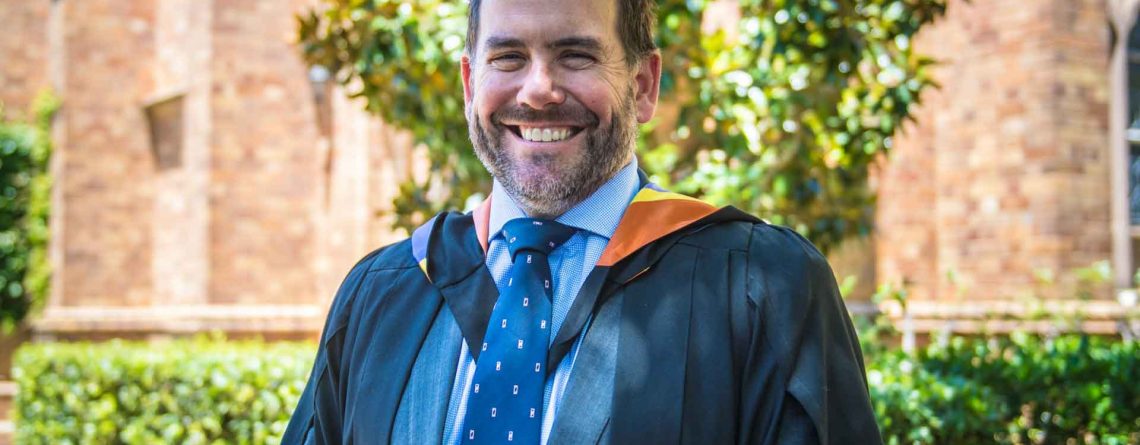Reframing school funding discussions
The topic of taxpayer funding for non-government schools is perennial in the mainstream media. Barely a week goes by without stories and opinion pieces, many of which challenge the validity of non-government schools receiving public funding. One suspects that this topic will be contested into perpetuity, along with commentary on house prices and the weather.
In this article, I would like to propose a different perspective for thinking about school funding.
The government is responsible for the ‘public good’ of education, which is to ensure that Australian citizens receive an education. Sometimes this public good is delivered directly through schools that the government owns and operates. We often call these the ‘State schools’ (since they are owned and operated by the State).
However, the government also delivers the ‘public good’ of education through schools owned and operated by community groups. Most, but not all, of these non-government schools are faith-based. The Council of Trinity Grammar School is an example of a faith-based community group that owns and operates a school.
The government has two main ways to ensure the delivery of the public good when it comes to non-government schools; these are regulation and funding. The government regulates curriculum, it regulates standards, and it regulates various practices as to how non-government schools operate. In NSW, the regulatory body for schools is NESA. Non-government schools in NSW are also regulated (to a lesser degree) by the Commonwealth Department of Education.
If a non-government school is able to show that it meets the relevant regulations, it is eligible to receive government funding to help to deliver the ‘public good’ of education. Broadly speaking, this funding is allocated per capita of student enrolment and is indexed by each school community’s capacity to contribute. Non-government schools with wealthy communities receive less public funding than non-government schools in disadvantaged communities. In Trinity’s case, about twenty cents in every dollar of Trinity’s annual income comes from taxpayer funds; 16% of our revenue comes from the Commonwealth and 4% comes from the State of NSW. (These figures are publicly disclosed on the MySchool website, as well as being published in our audited annual financial reports on the Australian Charities and Not-for-profits Commission website.)
It is worth noting that education is not the only sector in which the government delivers a public good both directly and indirectly. Health is another example. Some medical services are owned and operated directly by the government, and some are owned and operated by other entities. Both government and non-government services are regulated and both receive funding from the taxpayer, because both are delivering a public good. We rarely hear an in-principle outcry about this approach when it comes to health services.
There is no getting around the fact that Trinity is better-resourced than the neighbouring State schools. However, the difference in resourcing is not because Trinity receives more government funding than State schools; we actually receive less public funding. The difference is that, for decades, Trinity families have prioritised resourcing their sons’ education through tuition fees. It is also worth noting that Trinity does not operate for profit; all funds (from families and from government) are used for the operation of the School to enable us to deliver an outstanding education.
As an aside, the perspective outlined above also raises the question as to how much regulation the government should exert over non-government schools and in which aspects of school life the government should intervene? If the government has total control, then there is no difference to the State schools. If the arrangement is totally laissez-faire, then there is no accountability for public money. Where should the lines for regulation be drawn?
All of which is to say, I believe that there is a place for both government and non-government schools, with all schools working to deliver a public good for our society as a whole.
Tim Bowden | Headmaster















